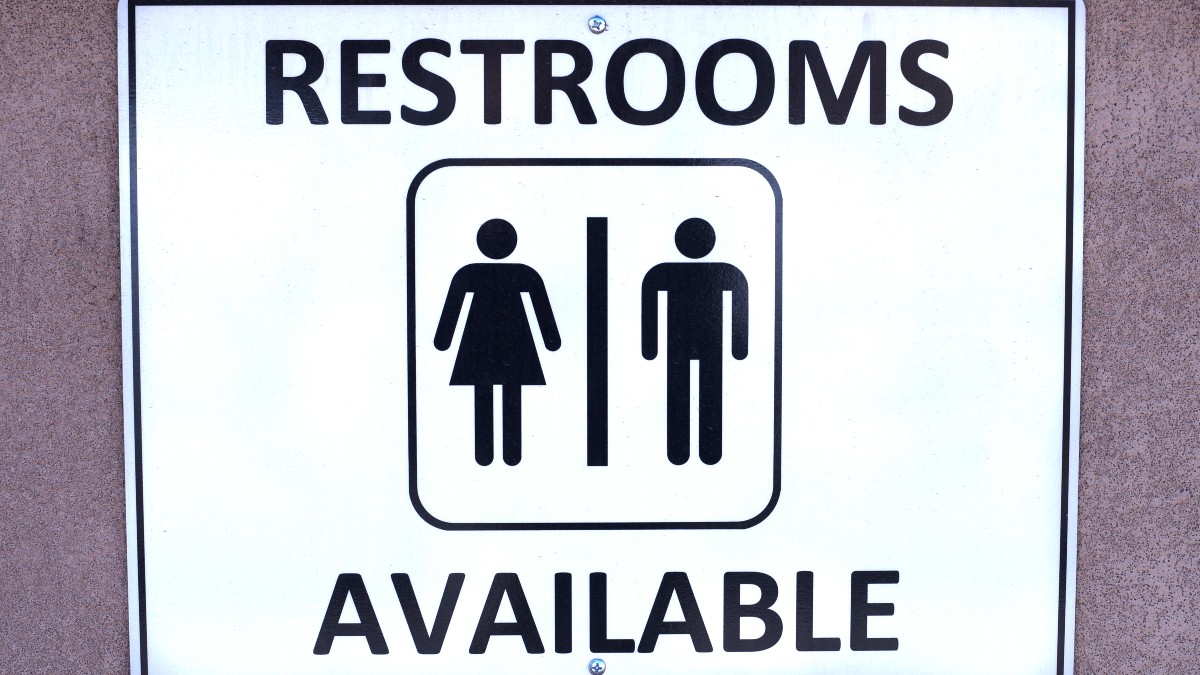
Photo by Robert Alexander/Getty Images
Dead phone battery? Well, the word “nightmare” has a whole new meaning now.
China’s public toilets have introduced a new system that requires users to watch advertisements before receiving toilet paper. Videos showing these “smart” dispensers have gone viral on social media. It sparked a widespread criticism about the commercialization of basic necessities.
The new dispensers work by forcing users to scan a QR code with their smartphones and watch a short advertisement before the machine releases a strip of toilet paper. According to Dexerto, users can either watch an ad or pay 0.5 yuan (about $0.07) per strip. The system was introduced by officials who claim it helps reduce waste, as some people had been taking excessive amounts of free toilet paper for personal use.
Social media users have reacted strongly to the new technology, with many expressing frustration and concern. “I’m walking with my own paper everywhere just in case,” one user wrote. Another person commented that this was “the first actually dystopian thing I have seen,” highlighting the unsettling nature of having to earn access to such a basic necessity. Some users also noted the major flaw in the system: if someone’s phone battery dies or they lack spare change, they could find themselves in a difficult situation.
China’s history of toilet paper technology experiments
This latest development is not China’s first attempt at controlling toilet paper usage in public facilities. In 2017, facial recognition dispensers were installed at tourist spots like Beijing’s Temple of Heaven Park, according to CBC. These machines rationed out one 60-centimeter strip per scan and required users to wait nine minutes before they could get more paper. The system was designed to prevent visitors from taking entire rolls home in their bags.
By 2019, these facial recognition systems had evolved further, extending the waiting period to ten minutes per person. The technology was implemented after park officials spent three years testing different methods to combat toilet paper theft, including fingerprint scanners and laser sensors. At Temple of Heaven, the facial recognition system reportedly reduced paper waste by 70 percent after its introduction.
The facial recognition dispensers required users to stand in front of a camera for three seconds before receiving their allotted paper. The machines cost about $1,000 each and were programmed to automatically delete facial images after nine minutes to address privacy concerns. However, some of these systems were eventually removed in cities like Dongguan after public complaints about privacy and surveillance.
The current ad-based system represents the latest evolution in China’s ongoing efforts to manage public restroom resources. While similar dystopian scenarios have appeared in other aspects of Chinese life, the toilet paper dispensers highlight how technology is being used to monitor and control even the most basic human needs. Critics argue that the system reflects broader concerns about the increasing surveillance and commercialization of public services.
The viral nature of these videos demonstrates how quickly such stories spread globally, raising questions about privacy, human dignity, and the role of technology in everyday life. As one social media user noted, the situation shows that “China is more capitalistic than USA,” pointing to how basic necessities are becoming monetized through technological surveillance systems.



Published: Sep 13, 2025 11:55 am